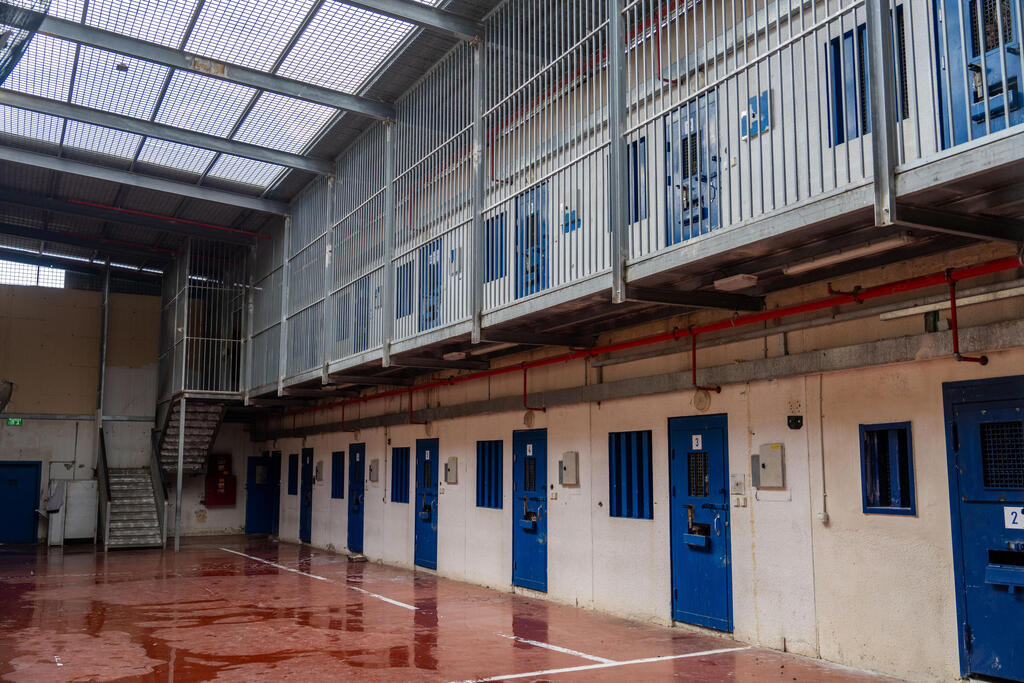Getting your Trinity Audio player ready...
Israel is set to release 95 Palestinian prisoners as part of the first phase of a deal to secure the release of three female hostages held in Gaza.
The names of the prisoners, published on the Justice Ministry’s website, are contingent upon government approval of the agreement. A Cabinet meeting to finalize the deal, originally scheduled to convene at 3 p.m., has yet to take place. If approved, the first release is set for no earlier than Sunday at 4:00 p.m.
2 View gallery


Palestinian prisoners leaving Ofer Prison as part of first hostage-prisoner release deal, November 2023
(Photo: FADEL SENNA / AFP)
Under the first stage of the agreement, 33 hostages, held by Hamas in Gaza for 469 days, are slated for release. In exchange, Israel will free nearly 2,000 Palestinian prisoners, including hundreds serving life sentences. The final number depends on how many hostages are returned alive in this initial phase, following over 15 months in captivity.
Under the deal, 210 minors and women will be released for five female civilian hostages and two children from the Bibas family. For five female soldiers, 150 prisoners serving life sentences and 100 others will be freed.
Get the Ynetnews app on your smartphone: Google Play: https://bit.ly/4eJ37pE | Apple App Store: https://bit.ly/3ZL7iNv
Additional releases include 110 lifers for nine ill or injured hostages, 30 lifers and 270 others for 10 elderly hostages, and 60 prisoners along with 47 re-incarcerated Shalit deal detainees for Avera Mengistu and Hisham al-Sayed, two Israeli nationals who have been held in Gaza since 2014 and 2015, respectively. Furthermore, 1,000 Palestinians arrested after October 8 will be freed, excluding those involved in the October 7 attacks.
Life-sentenced prisoners will also be released to the West Bank and East Jerusalem. However, Israeli officials stressed that convicted murderers will not be among those returned to these areas. Cabinet discussions revealed data showing that 82% of prisoners freed in previous deals resumed terrorist activities.
The government’s deliberations follow the Security Cabinet’s earlier approval of the deal, which included extensive debate. Israel’s military leadership presented plans to ensure heightened troop presence in critical areas during the initial phase of the agreement.



